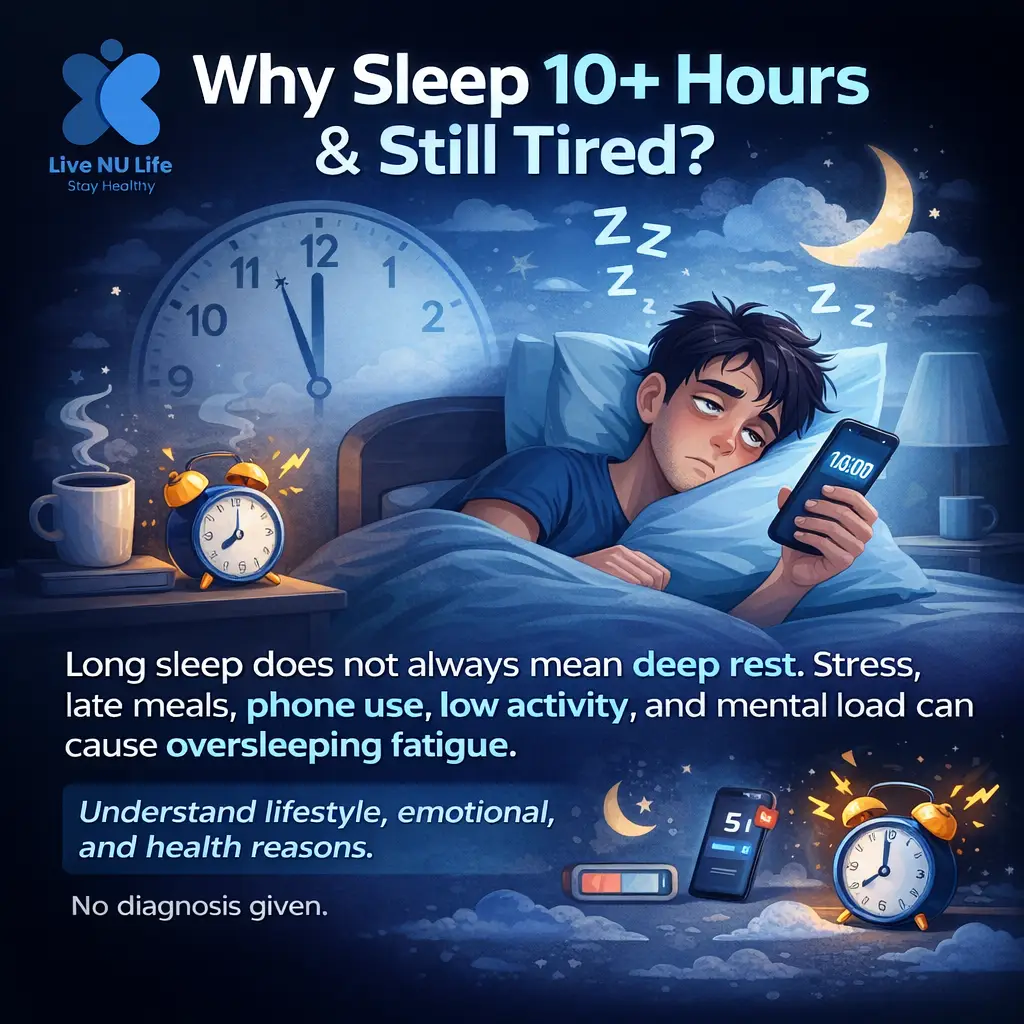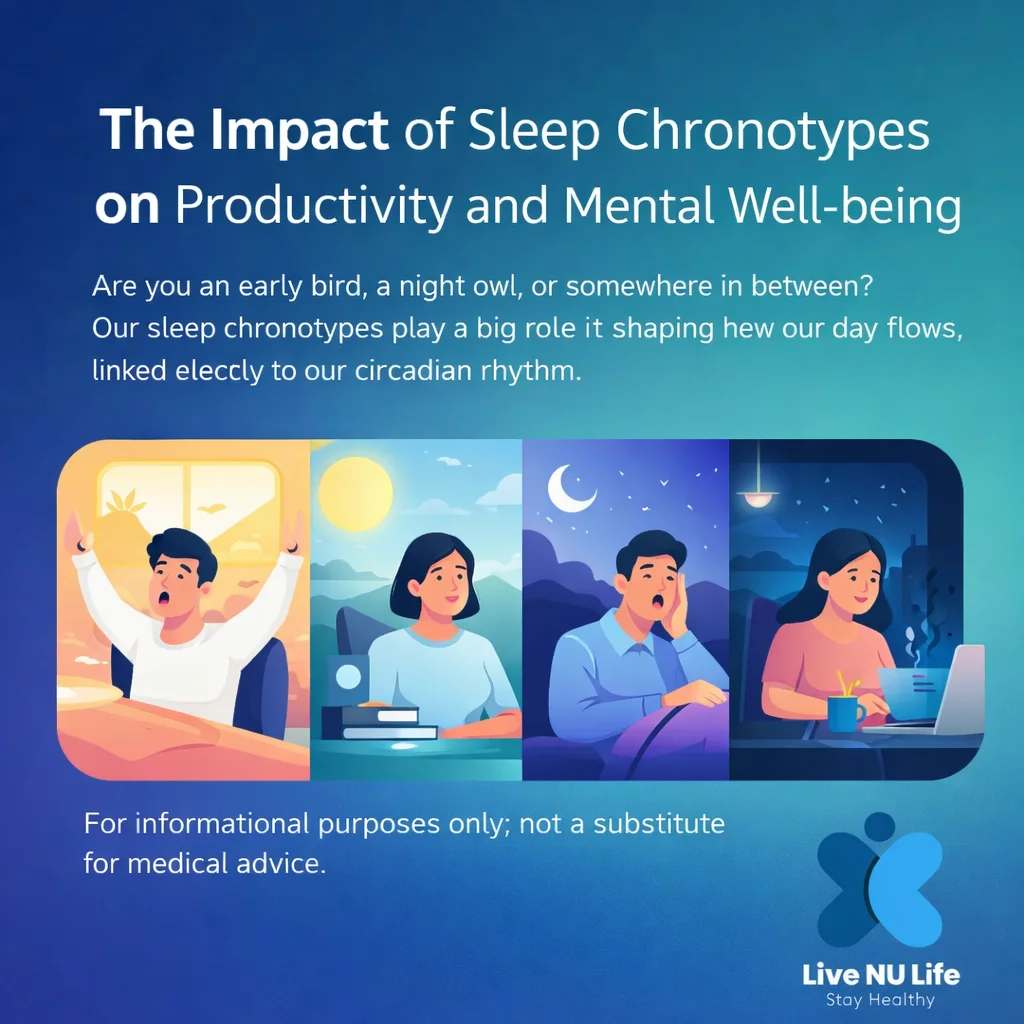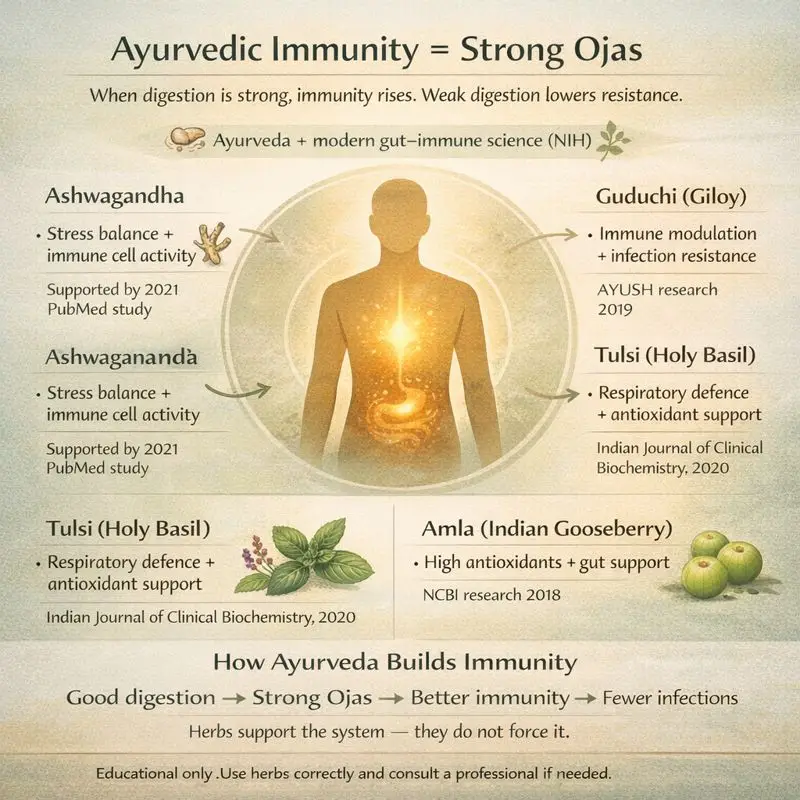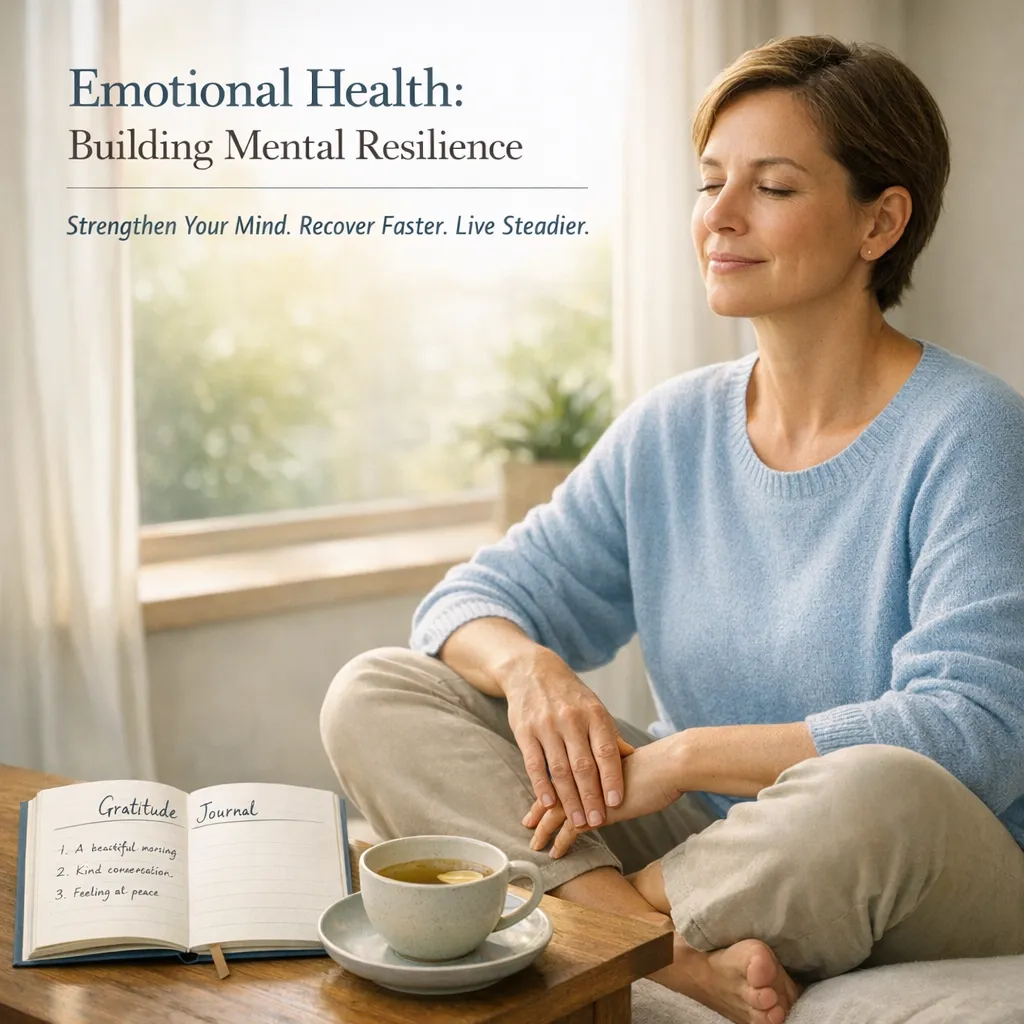Table of Contents
ToggleTyphoid: Causes, Symptoms, Treatment and Test
Typhoid enters the body quietly. This sickness comes from tiny bacteria called Salmonella Typhi. It is serious. It can make kids, parents, teens, and grown-ups feel weak. In some places, it makes many people sick. The word “typhoid” often means fever, tummy pain & no energy.
What Is Typhoid? Everything You Need to Know in 2025
It is a high fever sickness. It spreads through water & food with germs inside. When you eat or drink after someone who has this disease, the germs pass to your body. Many children & adults do not know at first. The fever rises slowly. The body starts to hurt. Typhoid can give headache, pain in the stomach, & bathroom problems.
It loves dirty water & food. It is an enemy of healthy families. But there are ways to stay away from it.
- Drink boiled water
- Wash your hands many times
- Eat food cooked fresh & clean
- Stay away from street snacks if they look dirty
Doctors use strong medicine to fight typhoid. Go to a doctor early if the fever does not go away. It needs quick care by a doctor. Kids, mums, dads, all can catch it. It is tough, but simple steps can keep it away. Don’t ignore fever. Stay careful, stay safe.

Typhoid Causes: How the Infection Spreads
Typhoid can get into a person’s body very quietly. It spreads fast, making people feel weak & tired. People with it may not know it at first, but germs travel quickly.
How does this infection spread?
Not many know, but the answer is simple. It’s germ moves from one person to another through small things we do daily.
Let’s look at some ways typhoid infection spreads:
- Dirty water or food – Food & water can also carry germs that enter our tummy. Street snacks & tap water have a high risk of carrying these germs.
- Not washing hands before meals – germs on hands can get into the mouth.
- Touching things used by an infected person – like spoons & plates.
- Using the same toilet as a person who carries typhoid.
Kids, young ones, adults – everyone can get it if they’re not careful. Even sharing juices or fruits can sometimes spread those sneaky germs.
Stay careful of raw foods from outside. When every time you come from outside, always wash your hands with soap because a little mistake can increase its germs.
Typhoid may seem small, but it can make people very sick very quickly. So, controlling its spread means cleaner habits, safer food & water, and watching what gets shared at home & school.

Typhoid Symptoms: Early Signs to Watch For
Feeling unwell? Sometimes, the body acts differently when typhoid comes. It’s sneaky. Tiny germs can change everything. Spotting it early helps a lot. Kids, parents, teachers, and anyone can face it. Knowing its signs makes things less scary.
Look out for these first signs:
- Fever gets high, sometimes on & off
- The head feels heavy, or pain comes
- Belly feels sore, hurts when touched
- Not hungry, food doesn’t taste nice
- Weakness grows, can’t do the usual things
- Tummy troubles — loose motion or sometimes, bad constipation
- Skin might get small pink spots, but not always
- Throat may hurt, feel scratchy
Sometimes, eyes look tired. Mouth turns dry, words come slow. Water feels far, but drink it! Rest is key.
Typhoid acts quickly, sometimes slowly. Some days better, some worse.. If fever sticks for 3 days or more & nothing helps, time to visit a doctor without waiting. Early talk with the doctor brings faster help. Don’t share food or water with others — it’s germs travel fast.
Care, watch & act early. Typhoid loses its strength when caught soon. Everyone can help, no matter if big or small. Stay safe, keep water clean, & share care, not germs.
Read More a complete guide on Typhoid Symptoms.

4 Stages of Typhoid Fever: Progression and Effects
Typhoid sneaks in with a small grip, but it doesn’t stop there. It grows, changing the body, little by little. Let’s see how Typhoid passes through 4 stages—each with its own marks.
Stage 1: Slow Start
A person may feel tired. Head hurts.
- Maybe a small fever
- The stomach can hurt
- Bad taste in the mouth
Some people lose their hunger. Typhoid can feel like a cold at first.
Stage 2: Fever Grows
The temperature goes higher.
- The stomach gets more upset
- More tiredness, can feel weak
- Can see little red spots on skin
Mind can feel fuzzy. Eating gets hard. Typhoid does not let go.
Stage 3: Things Get Worse
Fever is strong & stomach is angry.
- Can have diarrhea or green poop
- The body feels too hot
- May get very tired, want to lie down all day
If untreated, Typhoid puts the heart & other parts at risk.
Stage 4: Danger Zone
Typhoid can cause:
- Bleeding in the stomach
- Bad infections
Some get so weak that they cannot move. This stage needs quick doctor help.
Typhoid does not affect everyone the same for everyone. So, small things grow big. Watch for signs, act fast for health.
Also interested in learning about how to prevent autoimmune diseases?

Typhoid Treatment: Medications and Prevention
Typhoid can make you feel weak & tired. Some kids miss school. Parents get worried. It can cause fever, pain & even more trouble if left too long. When typhoid comes into the home, it is scary. Taking care is needed from the start.
Medicines for Typhoid
- Doctors give antibiotics to fight germs in the blood.
- Paracetamol helps lower fever & pain.
- Drink water to avoid feeling dry or dizzy.
- Take medicines on time, do not skip.
Treatments
- The doctor checks the body, may take a blood test.
- Some people need to rest in bed for days.
- If very ill, need to stay in a hospital.
- In some cases, a doctor uses a drip for fluids.
Good Habits to Help
- Wash your hands with soap after using the toilet & before eating.
- Clean water for drinking & cooking is best.
- Boil water if worried.
How to Prevent Typhoid
- Get the typhoid vaccine, which helps protect before travel or outbreak.
- Do not eat food from dirty places.
- Avoid ice cubes from tap water.
- Eat food cooked well and fruits peeled at home.
Staying safe from typhoid is not hard, but it needs care every day. Small steps – big help.
Signs of Recovery from Typhoid: What to Expect
Getting better from typhoid is not always a quick thing. Some days feel slow. Others are brighter. You start to see small signs, like tiny steps that help you know things are going right. Typhoid can make life tough, but the body is tough too.
What to Notice When Healing
- Appetite slowly comes back. You feel hungry again. Tasting food feels nice after a while without it.
- Fever cools down. No more burning head or sweaty skin. Body feels calm.
- You can sit up, maybe even stand. Not so tired all the time anymore. Energy comes back—bit by bit.
- Stomach pain starts fading. No more sharp cramps or rumbling belly. Bathroom trips become normal again.
- Thinking feels less cloudy. Mood gets lighter. It’s easier to laugh or feel peaceful.
Small Things Matter
- Cough, rashes, or strange aches are gone.
- You may still feel tired, but this tiredness may not be like before.
Healing from typhoid does not always happen fast. Give it time. Rest, eat when you can, drink water. Every day a little better—the body slowly finds its strong feeling again.

Typhoid Test: Methods for Accurate Diagnosis
Typhoid is a tricky sickness. Finding it early is very necessary because its symptoms are normal to have, so a true test for it is important for the Doctor to know the stage of it, what treatment can be administered. That’s why tests matter.
Main Typhoid Tests
Blood Culture:
This is the top way to know. A doctor takes a little blood. If the germ is there, the lab finds it. This is most true in the first week of sickness. It shows the typhoid bug clearly, like catching a thief in the act. Kids and adults can both do this.
Widal Test:
This test looks for special soldiers (antibodies) that fight typhoid in the blood. It works better after the first week when the body is fighting hard. But sometimes, it can give the wrong answer, so doctors often check with other tests too.
Stool & Urine Culture:
Poop and pee sometimes show the typhoid germ. This is good for checking if someone carries typhoid, even if they feel okay. It helps doctors keep others safe too.
Bone Marrow Test:
A small piece from inside the bone can show typhoid when blood does not. This test is rare & a bit scary, but it works when nothing else helps. It has the highest chance of catching typhoid, especially if someone has already taken medicines.
Rapid Tests (Typhidot, TUBEX, others):
These give answers in an hour. Doctors use a drop of blood. The test looks for typhoid signs, like fast news. Handy during big sickness outbreaks, but not perfect. It helps when a quick answer is needed.
Every test checks typhoid in its own way. Some find it in blood, some check body defenses, and others hunt in pee or poop. Doctors decide which to use. All these tests try to catch the sickness before it gets worse.
Typhoid won’t hide for long! Read more about What is Fitness and Nutrition?
References
Crump, J. A., & Mintz, E. D. (2001). Typhoid fever: pathogenesis and disease. Current Opinion in Infectious Diseases, 14(5), 573–578. https://journals.lww.com/co-infectiousdiseases/fulltext/2001/10000/Typhoid_fever__pathogenesis_and_disease.00011.aspx
Hornick, R. B. (1986). Typhoid fever. Clinical Infectious Diseases, 8(3), 329–349. https://academic.oup.com/cid/article-abstract/8/3/329/395943
Pang, T., Levine, M. M., Ivanoff, B., & Wain, J. (1998). Typhoid fever and other salmonellosis: a continuing challenge. The Lancet, 352(9133), 341–349. https://www.thelancet.com/journals/lancet/article/PIIS0140673605671814/abstract
People Also Ask For
Q1. What is typhoid?
Typhoid is a sickness caused by small germs called bacteria. It spreads when we eat or drink things not clean.
Q2. How does someone get typhoid?
Typhoid can come from food, water, or even milk that is dirty. Sometimes, touching things not been washed or sharing with someone sick can bring it too.
Q3. What are the signs of typhoid?
People may get fever, belly pain & headache. Some feel weak or see a rash. It can come slowly, not all at once.
Q4. Can typhoid go away on its own?
No, typhoid needs medicine from a doctor. Without help, it can become worse & last longer.
Q5. How can someone stop typhoid?
Use clean water. Wash your hands before eating & after bathroom. Keep food covered. These steps help stop typhoid.
Read More
Boost Your Wellness – Check out our complete guide on Health and Fitness and Fitness & Nutrition.
Prevent Diseases Naturally – Learn effective strategies in How to Prevent Autoimmune Disease and Autoimmune Disease Prevention.
Stronger Joints, Healthier You – Read about Shoulder Tendonitis and Tennis Elbow with proven Tennis Elbow Treatments.
Heart Health Matters – Discover 6 Top Foods to Improve Heart Health.
Latest Insights – Explore why Autoimmune Diseases Are on the Rise in 2025.







